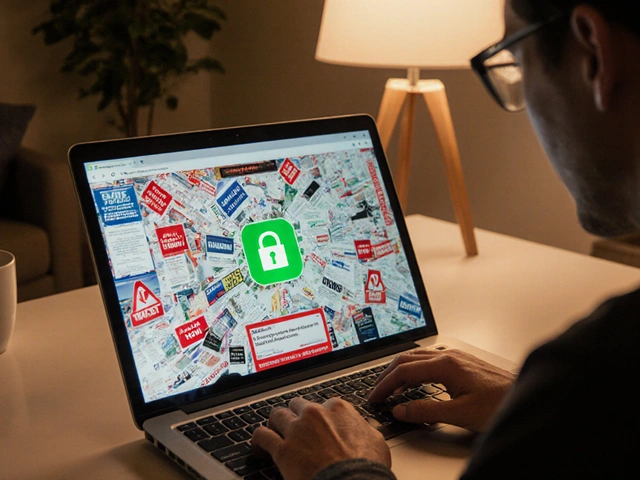Skincare: Simple, Practical Tips for Clearer, Healthier Skin
Acne, dry patches, and sensitivity are the top skin problems people ask about. You don’t need a dozen products to see better skin—start with a straightforward routine and understand when medical treatment is the right move. This tag collects our practical articles on acne, isotretinoin, and safe medicine use so you can get results without wasting time or money.
Quick daily routine that actually works
Mornings and nights, keep it short: cleanse, treat, moisturize, and protect. Use a gentle cleanser—no harsh scrubs. If you use active treatments (like benzoyl peroxide, salicylic acid, or topical retinoids), apply them after cleansing and before a light moisturizer. For moisturizer, pick "non-comedogenic" if you break out easily. Sunscreen is non-negotiable: SPF 30 or higher every morning, even on cloudy days.
Limit exfoliation to 1–2 times a week and avoid over-drying products. If your skin peels or gets red, you’re doing too much. Don’t pick at pimples—picking increases scarring risk. For persistent oiliness or sudden flare-ups, set up a consult with a dermatologist instead of stacking products yourself.
Isotretinoin & meds: what you should know
Isotretinoin (commonly known by brand names like Accutane) can clear severe acne that doesn’t respond to other treatments. It’s powerful, so doctors monitor patients closely. Expect dryness (lips, nose, skin), and routine blood tests to check liver enzymes and lipids. It’s absolutely contraindicated in pregnancy—effective birth control is required while taking it and for a short time after stopping.
If you’re on hormone therapy and dealing with acne, recent coverage shows isotretinoin can still help—but extra care is needed with program rules and monitoring. Read our article "How Isotretinoin Enhances Acne Treatment for Gender-Affirming Care Amidst Challenges" for specifics and patient tips.
Thinking about prescription meds? Use only legitimate sources. A safe online pharmacy will require a prescription, list a physical address, show pharmacy licensure, and offer a clear method to contact a pharmacist or clinician. Avoid sites with no phone number, unbelievably low prices, or no prescription requirement. We review how to buy meds safely in several posts on this tag—check those before you order.
When to see a pro: if you have painful cysts, widespread scarring, sudden severe flare-ups, or if over-the-counter steps don’t help after 6–8 weeks. A doctor can offer targeted prescriptions, light-based therapies, and advice that actually shortens your skin problem timeline.
Explore the linked articles here for deeper reads—acne tips, isotretinoin details, and safe online pharmacy guides. Use practical steps first, get medical advice when needed, and protect your skin daily with sunscreen and a gentle routine.

As a blogger, I've recently discovered the amazing benefits of facial massages for chapped skin. Regular facial massages can increase blood circulation, providing essential nutrients to the skin and promoting healing. They also help remove dead skin cells and stimulate the production of natural oils, which can provide much-needed moisture to chapped skin. Additionally, facial massages can help reduce stress and promote relaxation, which is beneficial for overall skin health. I highly recommend incorporating facial massages into your skincare routine to combat chapped skin and maintain a healthy, glowing complexion.
Chris Gore May 17, 2023




